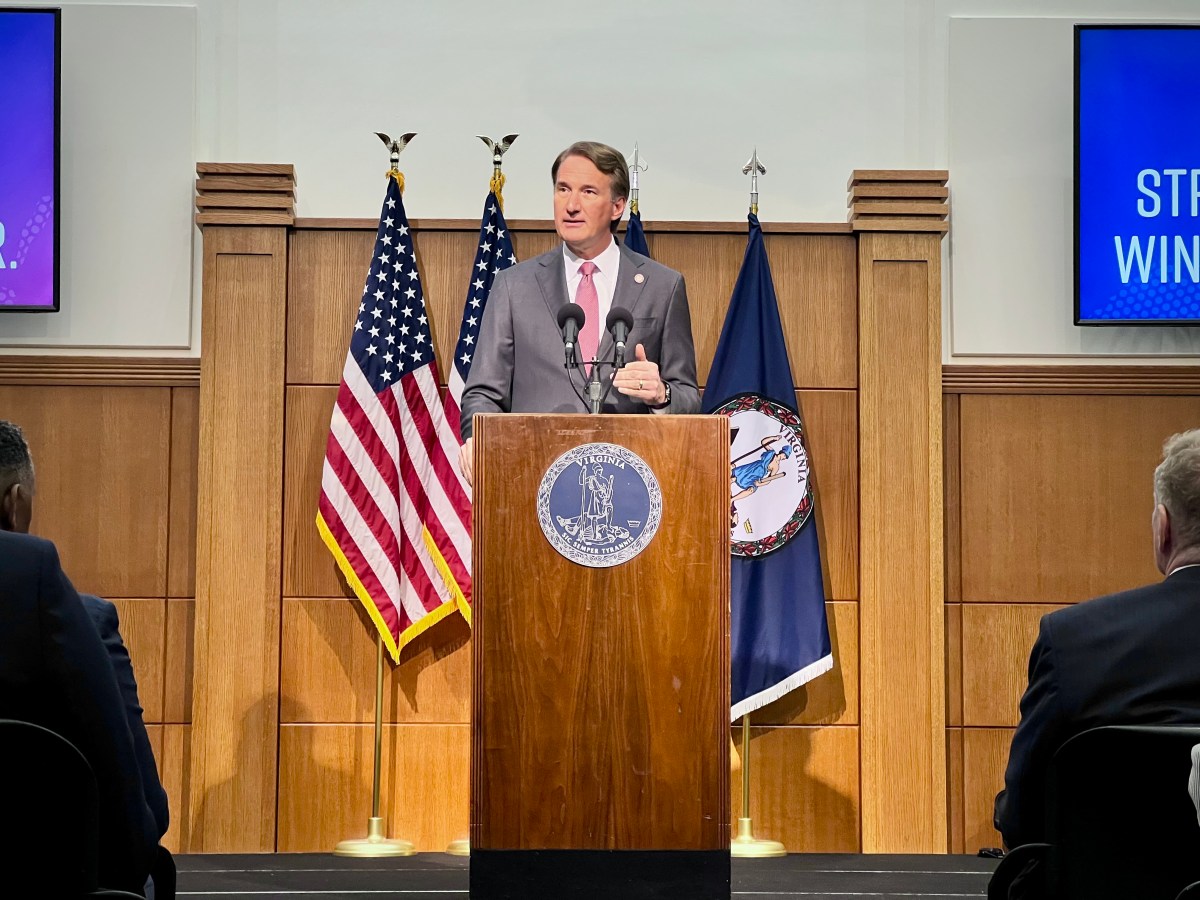Dominion Energy and Virginia’s Clean Energy Future: Recent Bills, Vetoes, and What’s Next

Dominion Energy stands at the forefront of Virginia's transition to clean and renewable energy. Recent legislative sessions, debates over clean energy bills, and shifting state targets have kept Dominion Energy in the spotlight. In this article, we explore how recent policy changes, gubernatorial vetoes, and industry perspectives impact Dominion Energy's plans and the broader future of Virginia's power sector.
Dominion Energy’s Role in Virginia’s Clean Energy Movement
Dominion Energy serves millions of customers across Virginia, North Carolina, and South Carolina. As a major utility provider, Dominion has been pivotal in implementing the Virginia Clean Economy Act (VCEA), which mandates a fully carbon-free energy portfolio within the next few decades.
The company has supported increases in small-scale solar projects, battery storage, and distribution system upgrades. Efforts include expanding home solar options and developing offshore wind projects, putting Dominion Energy at the heart of Virginia's renewable shift.
Legislative Setbacks: Clean Energy and Storage Bills Vetoed
In 2025, Gov. Glenn Youngkin vetoed several bipartisan bills designed to push Virginia’s clean energy progress further. These bills had gained the backing of environmental groups, industry leaders, and Dominion Energy itself. They aimed to:
- Raise the portion of Dominion Energy’s renewable credits sourced from small-scale solar projects.
- Increase Dominion’s energy storage and battery facility targets—from 2,700 to more than 5,200 megawatts by 2045.
- Diversify the state’s energy mix and enhance grid reliability for the future.
The Inside Climate News report on Youngkin’s clean energy vetoes details how these measures would have encouraged distributed solar adoption, promoted fuel savings, and supported ambitions for 16,100 megawatts of solar power statewide by 2035. Dominion Energy’s own filings predicted billions in fuel savings and significant grid improvements through these initiatives.
Despite this, concerns over potential impacts to ratepayers and doubts about the economic viability of long-duration storage technology led to the governor’s rejection of these bills.
The Importance of Energy Storage for Renewable Integration
Energy storage is essential to unlocking more renewable energy on the grid. As more wind and solar projects come online, storage facilities allow excess electricity to be preserved during sunny or windy periods and used when demand peaks.
Governor Youngkin’s vetoes have drawn criticism from policymakers and energy advocates. According to Energy-Storage.news, the vetoed legislation would have made Virginia a leader in long-duration energy storage. Advocates claim that delays in adopting modern storage targets could leave the state lagging behind its peers.
Supporters highlight that increasing storage capacity reduces overall energy costs by limiting the need to build new fossil-fueled power plants. Dominion Energy sees storage not as a cost burden, but as an investment in a more reliable and efficient grid.
Broader Impacts and Next Steps for Dominion Energy
The recent setbacks do not erase Dominion Energy’s ongoing efforts toward clean energy. The utility continues to:
- Develop major offshore wind and solar installations.
- Expand strategic undergrounding of power lines to reduce storm outages.
- Meet increasing renewable credit quotas, despite regulatory and political challenges.
For a deeper dive into the debate over energy storage and Virginia’s clean energy policy, read the detailed coverage by Cardinal News, which discusses how such legislative actions could affect Virginia’s competitiveness and Dominion Energy’s obligations under the VCEA.
Despite these vetoes, renewed policy discussions are expected in future legislative sessions. Clean energy champions are already preparing to reintroduce key measures, aiming to address concerns while keeping Virginia on track for a low-carbon power sector.
Conclusion: Staying Informed and Supporting Progress
Dominion Energy remains central to Virginia’s energy future. While recent vetoes pose challenges, broad support for renewable energy persists among policymakers, customers, and industry leaders. As clean energy goals evolve, staying informed and engaged will be key to ensuring progress—both for the environment and for reliable, affordable power in Virginia.
For further information on the latest developments, industry opinions, and policy changes affecting Dominion Energy and Virginia’s clean energy transition, explore the Inside Climate News article on recent vetoes and the in-depth analysis by Energy-Storage.news.